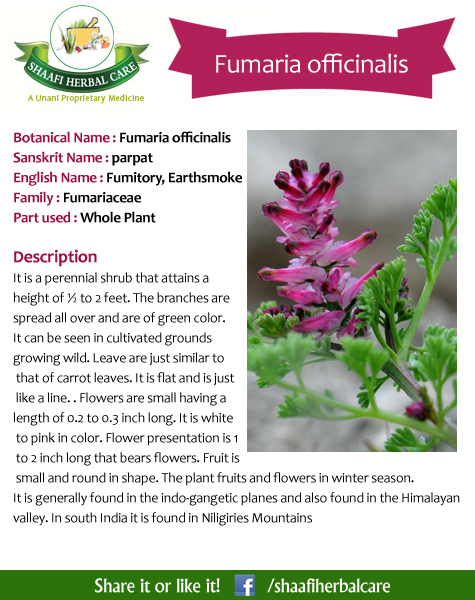
Sapindus Trifoliatus, also known as Soapnut, is a large tree found in South India, with a height of up to 25 meters. The compound leaves are alternate and pinnate, about 25 to 30 cm long. The leaflets are elliptic-lance shaped, smooth with tipped points and slightly oblique based. They are often found in pairs of 2 or 3 and are 8 to 18 cm long and 5 to 7.5 cm wide. The greenish-white flowers are terminal with velvety panicles. They can be seen in the months of November, December and January. The fruit is velvety when young and turns hard and smooth on maturing.
Soapnuts are commonly known as phenil, risht and rishtak in Hindi; kekru in Manipuri; phenil, rinthi and ritha in Marathi; punalai, punthi and puvanti in Tamil; cavakkaay, pasakkottamaram and uruvanchi in Malayalam; kunkuduchettu and phenilamu in Telugu; amtalakaayi, norekaayi and togate mara in Kannada; ritha in Bengali, Konkani and Oriya; phenil and reetha in Urdu; aritha in Asamese; arithi, aritho and arithu in Gujarati; hrishtah, phenaka, phenil, rishtah, rishtak, rita, sarishta and urdhvashodhanah in Sanskrit.
Plant Chemicals
(+)- saponin A, saponin C, sapindosid A, sapindosid B, emarginatoside-B, emarginatoside-C, carrageenan, histamine, serotonin, zymosan, type II cyanolipids, fatty acid, oleic acid, arachidic acid, 11-iecosenoic acid, cisvaccenic acid, 13-eicosenoic acid.
Uses & Benefits of Soapnut
- Soapnut is used for curing eczema, treating psoriasis and removing freckles.
- It serves as an excellent hair tonic and thus, is a popular ingredient in the preparation of Ayurvedic shampoos and cleansers.
- The herb is also used for removing lice from the scalp, since they have gentle insecticidal properties.
- The crushed seeds are widely used for making soaps and shampoos. They are antibacterial, antifungul, stomachic and spermicidal.
- Regularly washing your skin with soapnuts prevents many skin diseases and makes skin gentle.
- The seeds are used in the treatment of hemicrania (migraine).
- A thick watery solution of soapnut is used for the relief of hysteria and epilepsy.
- Soapnuts are popular alternative to the laundry detergent among those trying to live in an environment-friendly style.
- The fruit has emetic, tonic, astringent and anti-helmintic properties that are used for treating asthma.
- The roots and bark are considered as a mild expectorant and demulcent.


